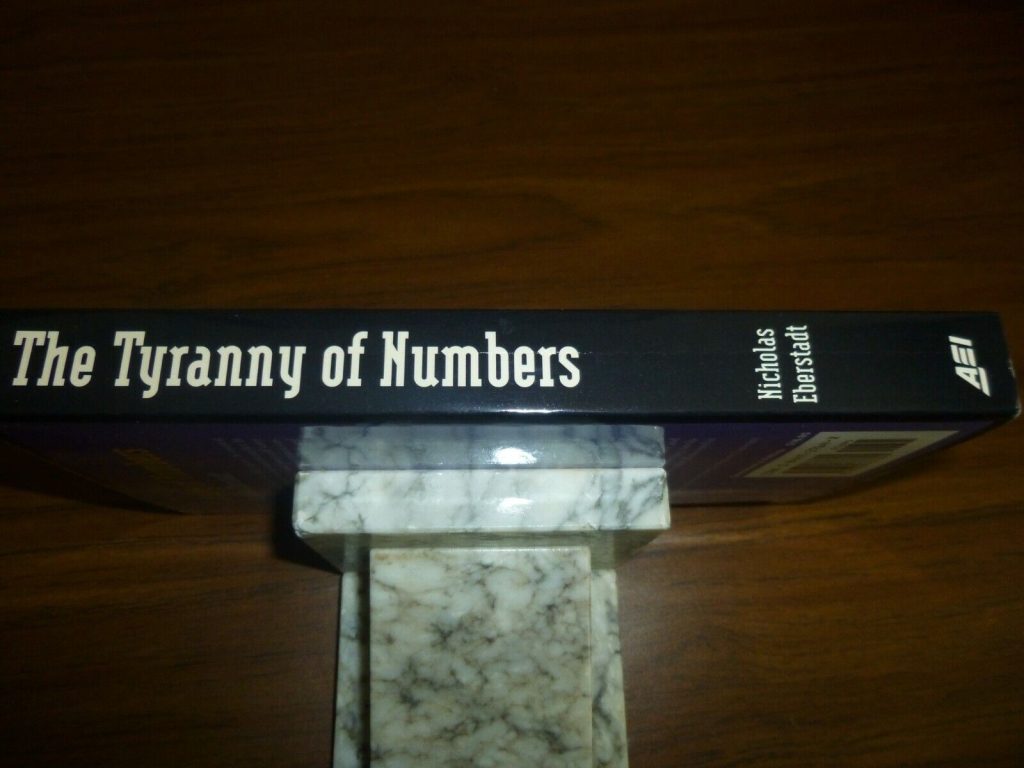By: Franco Ndung’u
Worth Noting:
- As a professor of politics Moi knew all too well that central region had a tyranny of numbers and without a clever or a smart scheme to edge out explosive Matiba, the latter was headed for a landslide victory.
- This is where the idea of planting Kibaki came in. The international community and local patriots hatched a plan to block Matiba and rob off his tyrannical win in 1992. The intelligence on the ground was that Kenyans viewed Matiba as their political messiah and therefore he deserved to lead the nation.
- Be that as it may, the diplomatic community saw Matiba as a cardinal agent of democratization but not as an ideal president for the nation due to his inclination to some policies.

“Those who Vote decide nothing. Those who count the votes decide everything”. Perhaps this quote by Joseph Stalin resonates well with Kenyans when they reminisce the 1992, 2007 and 2022 general elections.
In 1992 there were few major factors that dictated the outcome of general election for the position of the president. The need for democratization, pressure by the international Community and the cardinal role of Electoral Commission of Kenya (ECK). Moi was considered authoritarian, though ascending into power through universal suffrage. The United States and other western bloc of countries were exerting pressure on Moi to democratize and accept political pluralism. The international community was not in support of Moi due to his mode of leadership but they felt safer in the hands of his regime as opposed to that of the popular opposition leader Kenneth Matiba. Matiba’s public pronouncements and likely would be implemented policies were not endearing to the international Community. This is whereby by Kibaki was planted to rob off Matiba his victory in 1992 first Multiparty general election. I shall come back to that topic as we compare it to a similar looming scenario in Kenyan politics.
President Moi knew very well that, “Those who Vote decide nothing while those who count the votes decide everything”. Succumbing to International pressure, in December 1991 ahead of the general elections-President Moi at KANU delegates meeting at Kasarani Stadium, repealed section 2A of the constitution thereby making Kenya a Multi-party state. But Moi knew one thing, he was in full control of the Electoral body. Moi single- handedly appointed the ECK commissioners. During the 1992 general elections, there was sponsored violence to create chaos and suffocate voter turnout, ballot boxes were stuffed and consequently, only about 69% of Kenyans voted. Moi emerged the winner against Popular Kenneth Matiba. Those who count the votes decided the winner. But what was the motive and the pivotal role that Kibaki played in this elections? Is there a repeat of the same scenario in future elections and power play?
As a professor of politics Moi knew all too well that central region had a tyranny of numbers and without a clever or a smart scheme to edge out explosive Matiba, the latter was headed for a landslide victory. This is where the idea of planting Kibaki came in. The international community and local patriots hatched a plan to block Matiba and rob off his tyrannical win in 1992. The intelligence on the ground was that Kenyans viewed Matiba as their political messiah and therefore he deserved to lead the nation. Be that as it may, the diplomatic community saw Matiba as a cardinal agent of democratization but not as an ideal president for the nation due to his inclination to some policies. Moi had the Electoral Commission of Kenya (Those who count the votes), international community support and finally Kibaki as a scheme to fragment Central region votes and hence deny Matiba the tyranny of numbers.
Is President Ruto and his political Cabal likely to use the same strategy? Perhaps yes, taking note that Ruto is a smart student of Moi. Considering that, the incumbent president unlike Moi doesn’t have an iron fist control of electoral body, he rules in a country with digital democracy that facilitate accountability of votes and votes counting, there is a supreme constitution and pluralism of political parties then the best bet is to play the art of politics by weakening some regions while strengthening others, fragmenting some while solidifying others through resources and use of local politicians in regions of interest.
I am interested in Mt. Kenya region, Nyanza and the Mulembe Nation nation here. The Cabal is smartly and calculatedly consolidating Mulembe people using their leaders and their Parties. While Mt. Kenya went to the bargaining table without a solid party of their own, Wetangula and Mudavadi used their parties to negotiate and win slots in the national dining table. In Mt, Kenya, the fragmentation card is simple- Plant popular leaders and make them busy in the battles of supremacy and succession. This is by no means an accident. It is a board room plan. Ndindi Nyoro is being used just like Kibaki did in 1992. The young leader who is charismatic, brilliant and energetic is being driven to a scheme that will divide Mt.Kenya tyranny of numbers and then deny people from the region development projects while undermining the Deputy President. Coincidentally, the Deputy President and Ndindi Nyoro comes from Nyeri and Muranga counties, respectively and so were Matiba and Kibaki.
Now that Baba is headed to AU who will Mt. Kenya vote against? A saying goes in the Mountains, “We don’t come out to vote the leaders of our choice bur rather vote against Raila”. It’s about time Mt. Kenya leaders unite with purpose and voters vote with their senses not their stomachs. A close look at the current unfolding events, a tyranny of numbers in the next general election will comprise of Nyanza, Western and Rift valley region and therefore, Mt. Kenya region will no longer count as long as the bloc continue to disintegrate politically. Politics is both the art of the possible and a game of numbers.
Franco Ndung’u
BA: International Relations and Diplomacy
MA: Public Administration



